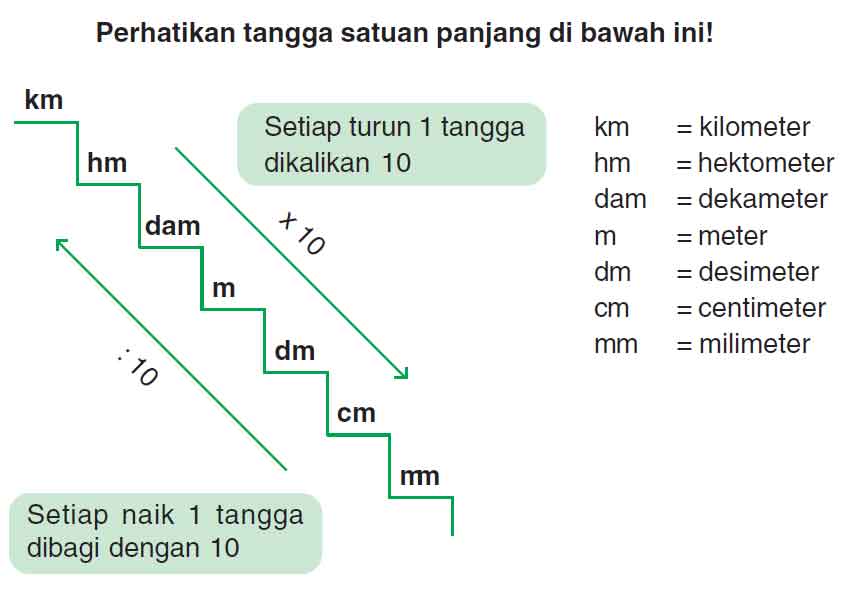When it comes to measuring distances, understanding the conversion from meter to kilometer is essential for various applications, whether in everyday life, engineering, or scientific research. In fact, meters and kilometers are both integral to the metric system, which is widely adopted across the globe. By mastering this conversion, individuals can navigate their world with greater confidence and accuracy.
Every time we check the distance on a map or follow a signpost, the measurements we encounter can often leave us puzzled, especially if we are more accustomed to one unit of measurement over the other. The meter (m) is a fundamental unit of length in the metric system, while the kilometer (km) is a larger unit used to measure longer distances. Understanding how to convert between these two units can improve our comprehension of distances and help us communicate more effectively.
In this article, we will explore the relationship between meters and kilometers, delve into the conversion process, and answer some frequently asked questions related to this topic. Whether you are a student, a traveler, or simply someone interested in enhancing your knowledge, this guide will equip you with the necessary tools to convert meter to kilometer effortlessly.
What Is the Relationship Between Meters and Kilometers?
The meter and kilometer are both units of length in the metric system, which is based on powers of ten. The primary relationship between these two units is that one kilometer is equal to 1,000 meters.
How to Convert Meter to Kilometer?
Converting meters to kilometers is a straightforward process. To perform the conversion, you simply need to divide the number of meters by 1,000. Here’s the formula:
- Distance in kilometers = Distance in meters ÷ 1,000
For example, if you have a distance of 2,500 meters and wish to convert it to kilometers, you would calculate:
- 2,500 meters ÷ 1,000 = 2.5 kilometers
Why Is It Important to Know How to Convert Meter to Kilometer?
Understanding how to convert meter to kilometer is crucial for several reasons:
- It helps in navigating distances while traveling in countries that use the metric system.
- It is essential for students studying mathematics and science, as these subjects often involve measurements.
- It allows for effective communication in various fields, such as engineering, construction, and land surveying.
What Are Some Common Practical Applications?
Conversions between meter and kilometer are frequently used in everyday scenarios. Here are some practical applications:
- In transportation, understanding distances helps in planning routes.
- In sports, track and field athletes often compete in distances measured in meters and kilometers.
- In environmental studies, measuring distances in meters and kilometers aids in assessing land areas.
How Can I Practice My Conversion Skills?
Improving your skills in converting meter to kilometer can be achieved through practice. Here are some effective methods:
- Use conversion tools and calculators available online.
- Engage in exercises that require you to convert distances in real-life scenarios.
- Play educational games that focus on measurement conversions.
What Are Some Conversion Examples?
Here are a few examples to illustrate the conversion from meter to kilometer:
- 100 meters = 0.1 kilometers
- 500 meters = 0.5 kilometers
- 1,000 meters = 1 kilometer
- 10,000 meters = 10 kilometers
What Tools Are Available for Conversion?
In today’s digital age, various tools can assist in converting meter to kilometer:
- Online conversion calculators
- Mobile applications dedicated to unit conversions
- Mathematical formulas available in textbooks
Can You Provide a Summary Table of Common Conversions?
Here is a summary table that outlines some common conversions from meters to kilometers:
| Meters | Kilometers |
|---|---|
| 1 m | 0.001 km |
| 50 m | 0.05 km |
| 100 m | 0.1 km |
| 500 m | 0.5 km |
| 1,000 m | 1 km |
| 2,000 m | 2 km |
| 10,000 m | 10 km |
What Should I Do If I Need to Convert Kilometers Back to Meters?
Converting kilometers back to meters is equally simple. In this case, you would multiply the number of kilometers by 1,000. Here’s the formula:
- Distance in meters = Distance in kilometers × 1,000
For instance, if you have a distance of 5 kilometers, you would calculate:
- 5 kilometers × 1,000 = 5,000 meters
Conclusion: Embracing the Metric System
In conclusion, understanding the conversion from meter to kilometer is a vital skill in our increasingly global society. By familiarizing yourself with these measurements and practicing your conversion skills, you will enhance your ability to navigate distances in various contexts. Whether for academic purposes, travel, or professional applications, being proficient in metric conversions opens up a world of clarity and competence.
You Might Also Like
Tim Walz: A Journey Through Politics And Nostalgia With Husker DuDiscovering The Top Chinese Cuisine In Austin
Unmasking Adam: The Voice Actor Behind Hazbin Hotel's Iconic Character
Discover The Best All You Can Eat Chinese Buffet Near Me
Unraveling The Mystery Behind Rick Roll Lyrics
Article Recommendations
- Shin Hye Sun Relationship
- Emily Rudd Relationships
- Brook Monk Nude
- Cityscopenews11_0.xml
- Tom Hanks Diddy Combs
- Justin Vernon Wife
- Ksweetness4 Nsfw
- Yumi Eto Leak
- Milan Cheek
- Kashipur Ka Result


